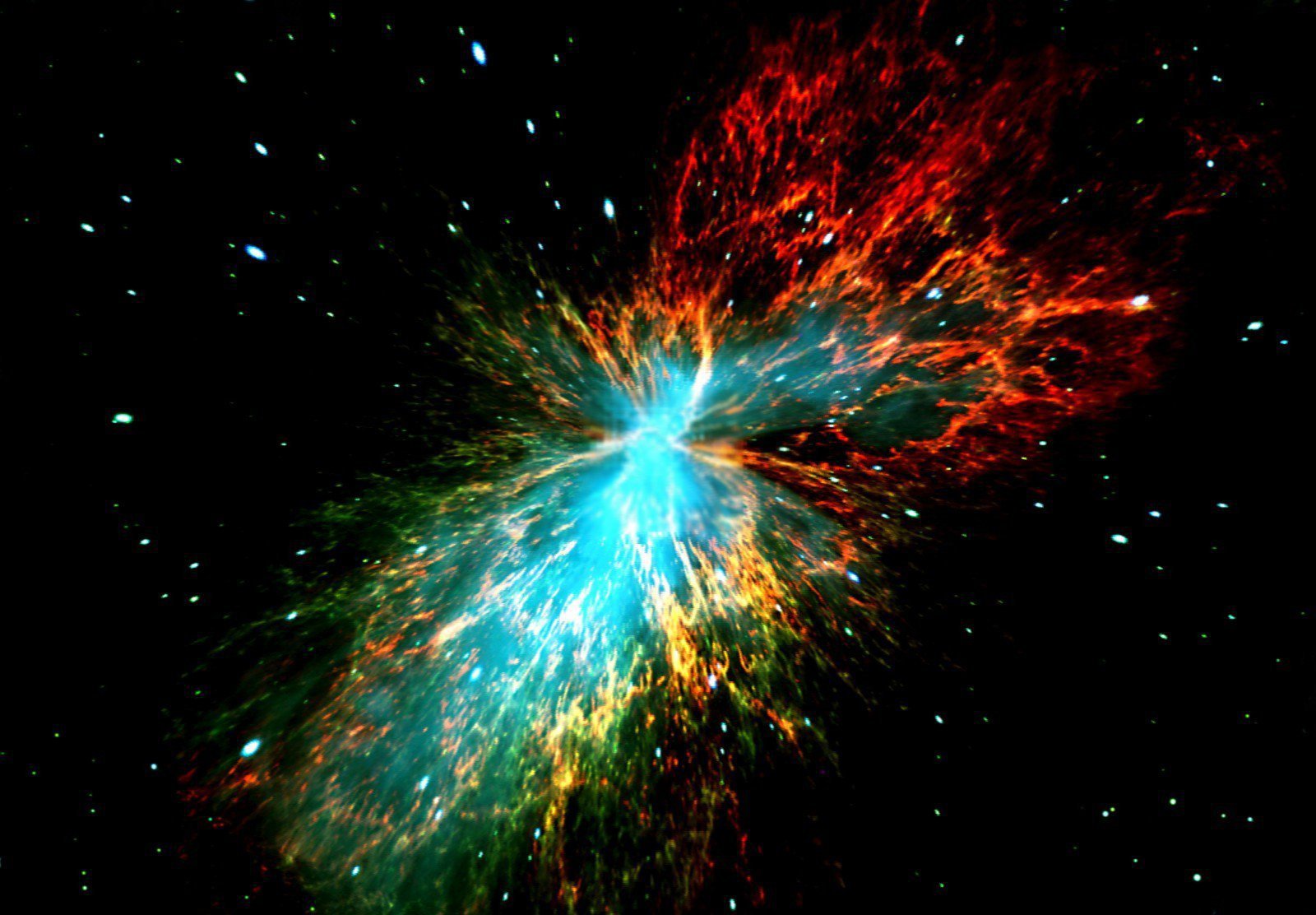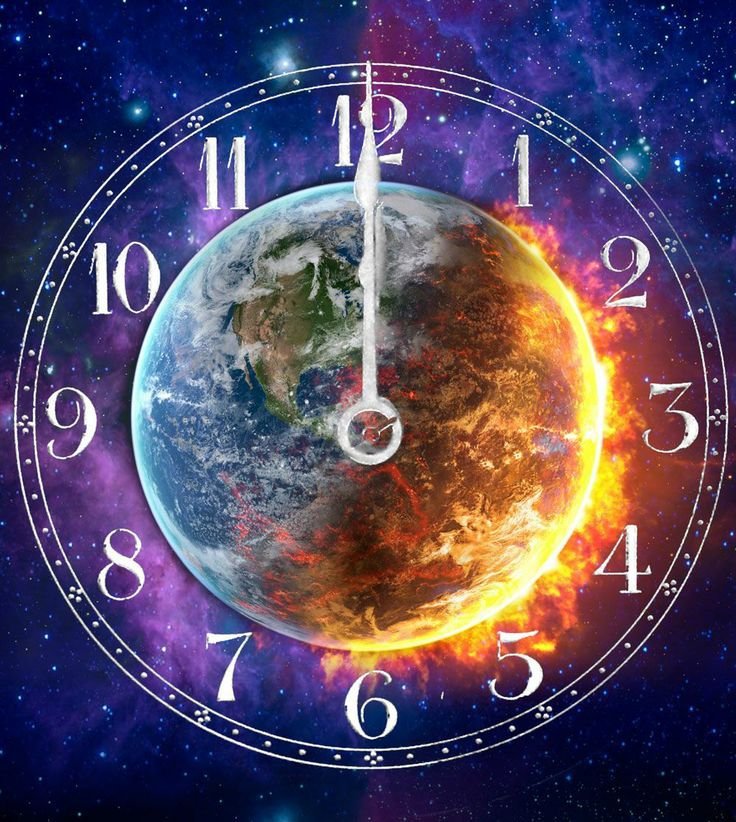We try to save it, make it, kill it – and there’s never enough of it, guess what it is? Yes, you guessed that right. It’s ‘time’! From the Big Bang to Black Holes, time has always been an interesting topic to talk about, as in like what’s next? A time machine, maybe.
Here are 15 interesting facts about time that will absolutely blow your mind:
1. When the dinosaurs were alive, there were 370 days in a year and the day was just 23 hours long.
This phenomenon occurred since the earth is slowing down, as a result the days are getting longer, by about 1.7 milliseconds per century.

2. New experiences stay longer in your memory as opposed to familiar ones.
It’s called the “oddball effect”, and this is the reason why time feels like it’s going faster as you get older – because more stuff is familiar to you.
3. There are 23 hours, 56 minutes and 4.2 seconds in a day.
The reason it is 24 hours from sunrise to sunrise is because every day the Earth moves further in its orbit round the sun – and the change in its position lengthens the day slightly.

4. According to quantum theory, the shortest moment of time that can exist is known as Planck time, or 0.0000000000000000000000000000000000000000001 second.
It takes you about five hundred and fifty thousand trillion trillion trillion Planck times to blink once, quickly.
5. Did you know gravity affects time? Time flies faster in the sky.
The denser the gravitational field, the slower the passage of time. A second at lower altitudes is actually nanoseconds longer than a second at higher altitudes. And that explains why time flies faster in the sky.
ime passes more slowly in orbit around the earth. Astronauts return home younger from space than if they spend the same amount of time on the earth’s surface.

6. The world’s most accurate clock is at the National Institute of Standards and Technology in Colorado. In a billion years, it will not lose one second.
The clock measures the oscillation of strontium atoms to create its “tick.

7. Scientists believe that time was created along with the rest of the universe in the Big Bang, 13.7 billion years ago.
Which also means that the concept of time is fairly recent and has not always existed.

8. One day on Earth is equal to 58 days, 15 hours and 30 minutes on Mercury.
It is different for each planet. Take Venus for example where a day on Earth equals 116 days and 18 hours on the planet.

9. We see the Moon as it was 1.2 seconds ago and the Sun as it was 8 minutes ago.
Because light takes time to reach the earth.

10. There’s no such thing as “now” as far as physics is concerned.
Einstein put it like this: “For us physicists, the distinction between past, present and future is only an illusion, however persistent.”

11. The universe is 13.8 billion years old, give or take. Astrophysicist Carl Sagan compressed the history of the universe into a year –
– the Big Bang would happen at 00:00:01 on 1 January – and then the dinosaurs would be wiped out on 29 December, and modern humans would appear at 11:54 p.m. Christopher Columbus would sail across the Atlantic one second before midnight.
12. Due to tidal friction from the sun and moon, time on earth is slowing down.
The solar day is lengthening by 1.7 milliseconds each century. In 140 million years, a day on Earth is expected to last 25 hours.

13. We live in the past.
The time lag between things happening and us experiencing them is around 80 milliseconds.

14. Until the 1800s, most villages had their own time zones.
Clocks were synchronized to the local solar noon, making train travel complicated.

15. Will time come to an end?
The theory of relativity suggests that the universe will expand infinitely, however some theoretical physicists predict that time will end within the next four billion years.

















